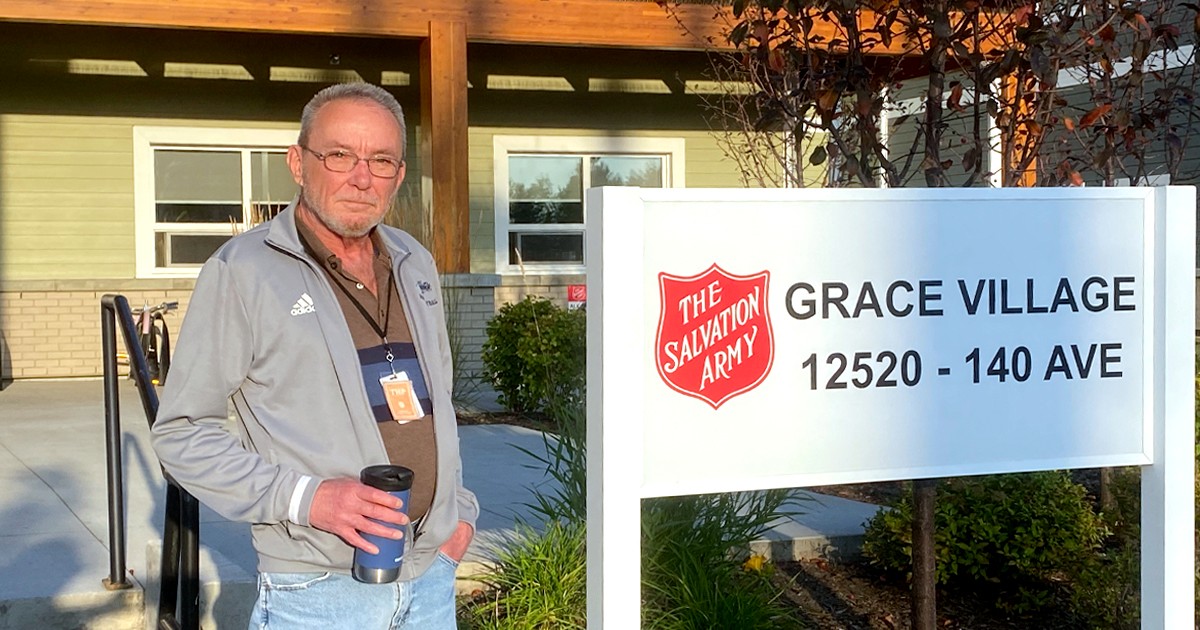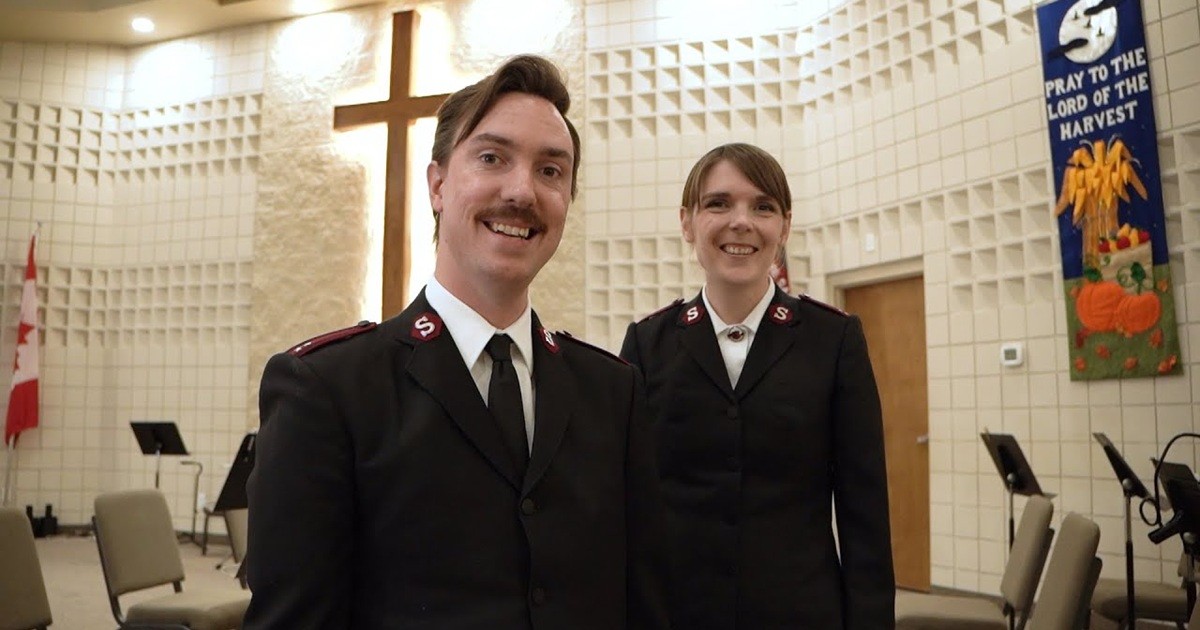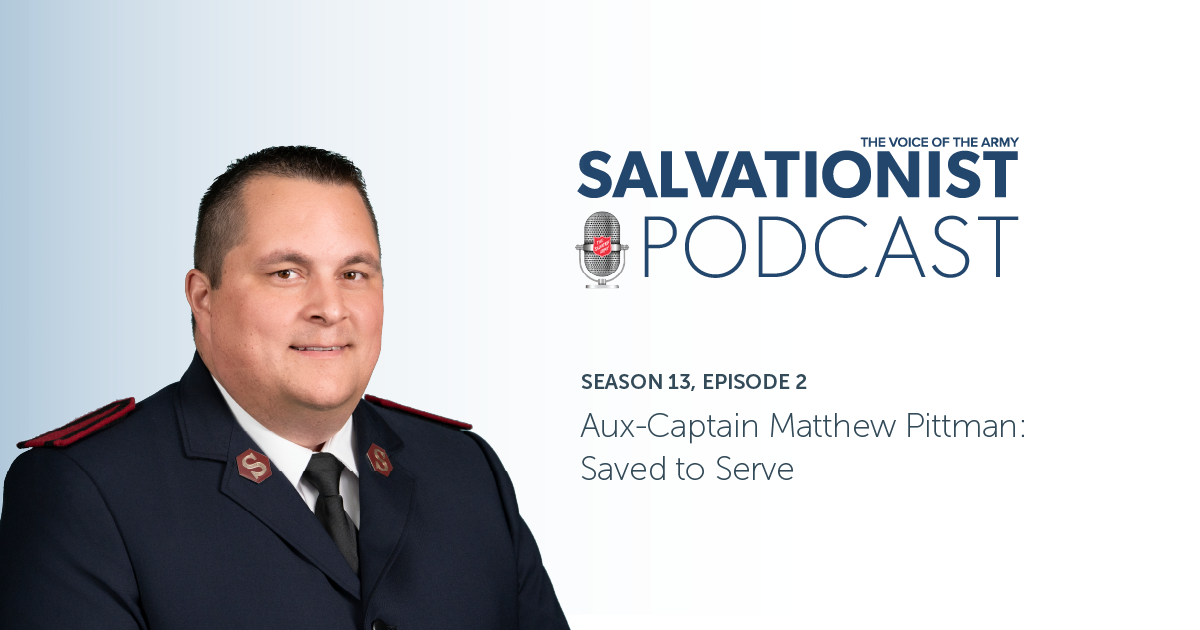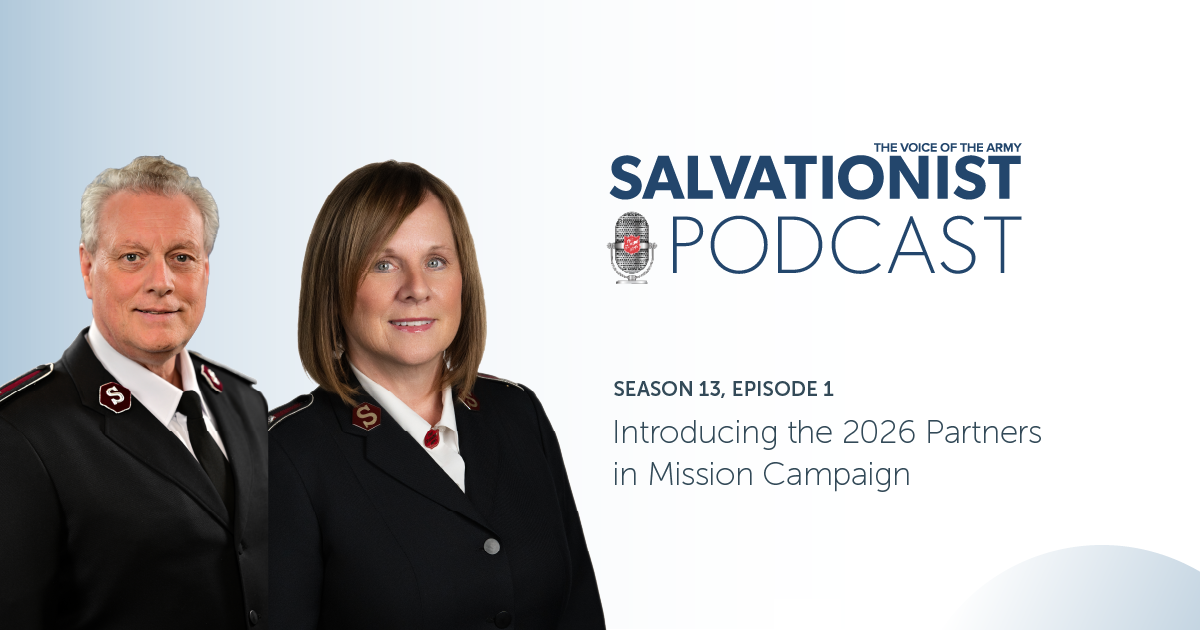Forward Together
Refreshed territorial strategic plan is Christ-centred and Others-focused.
FeaturesIn 2021, we launched a new chapter, mobilizing under a new vision with a 10-year horizon and a strategy to guide us toward that future. Today, halfway through the journey, it’s time to pause, reflect and refresh around what matters most—and move forward together.


































